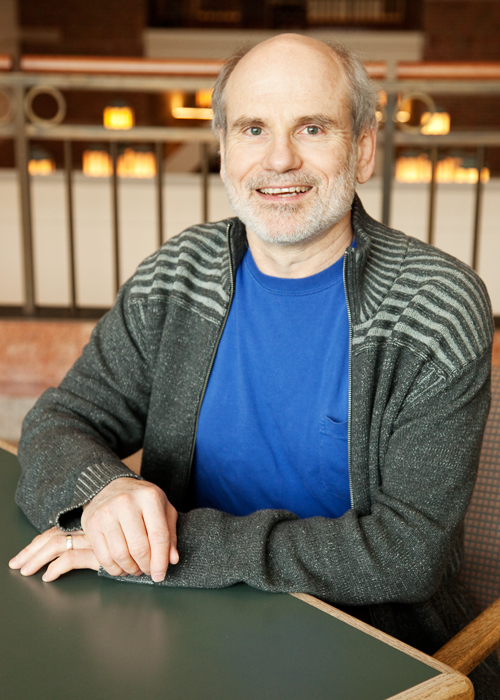
Implicit learning of new phonotactic patterns is revealed in speech errors
Description
Each language has its own phonotactics-- rules or constraints that govern the language’s possible syllables. We implicitly know that “hing” is a possible English syllable, but “ngih” is not. Phonotactic knowledge guides language production, as revealed in speech errors. Even though a slip is an error, it nonetheless tends to be phonotactically legal. When people produce sets of syllables that follow artificial phonotactic constraints (e.g. a “rule” that the consonant “f” is not allowed at the end of a syllable) they implicitly learn those artificial constraints. The learning is revealed in their speech errors (e.g. their slips would rarely put an “f” at the end of a syllable). I present a new theory of this learning process. It attempts to explain how speech errors arise during production, how this production process changes with experience. Two particularly interesting aspects of this learning are (1) the need for consolidation of learning for some rules and (2) constraints on learnability that arise from the speaker's prior linguistic experience.
Speaker Bio
Gary Dell studies language production—the mental and neural processes involved in articulating words and sentences. He has developed computational models of these processes and uses these models to understand how language production breaks down. The key feature of the models is that they can simulate the everyday speech errors produced by speakers of all ages, as well as speakers with aphasia arising from brain damage such as stroke. He also studies how the language production system implicitly learns the statistical structure of the words and sounds that it produces, and what this implicit learning process tells us about language acquisition.
Dell’s undergraduate training was at Swarthmore College and he received his Ph.D. from the University of Toronto in 1980. He taught at Dartmouth College and the University of Rochester before moving to the University of Illinois where he is Center for Advanced Study Professor of Psychology, Linguistics, and the Beckman Institute. He received the American Psychological Association Early Career Award in 1987, and has been elected to several professional organizations including the American Academy of Arts and Sciences and the National Academy of Sciences.
Additional Info
The MIT Colloquium on the Brain and Cognition is a lecture series held weekly during the academic year and features a wide array of speakers from all areas of neuroscience and cognitive science research. The social teas that follow these colloquia bring together students, staff, and faculty to discuss the talk, as well as other research activities within Building 46, at MIT, and around the world. This event is co-sponsored by the Department of Brain and Cognitive Sciences, the McGovern Institute for Brain Research, and the Picower Institute for Learning and Memory at MIT. Colloquia are open to the community, and are held in MIT's Building 46, Room 3002 (Singleton Auditorium) at 4:00PM with a reception to follow.

